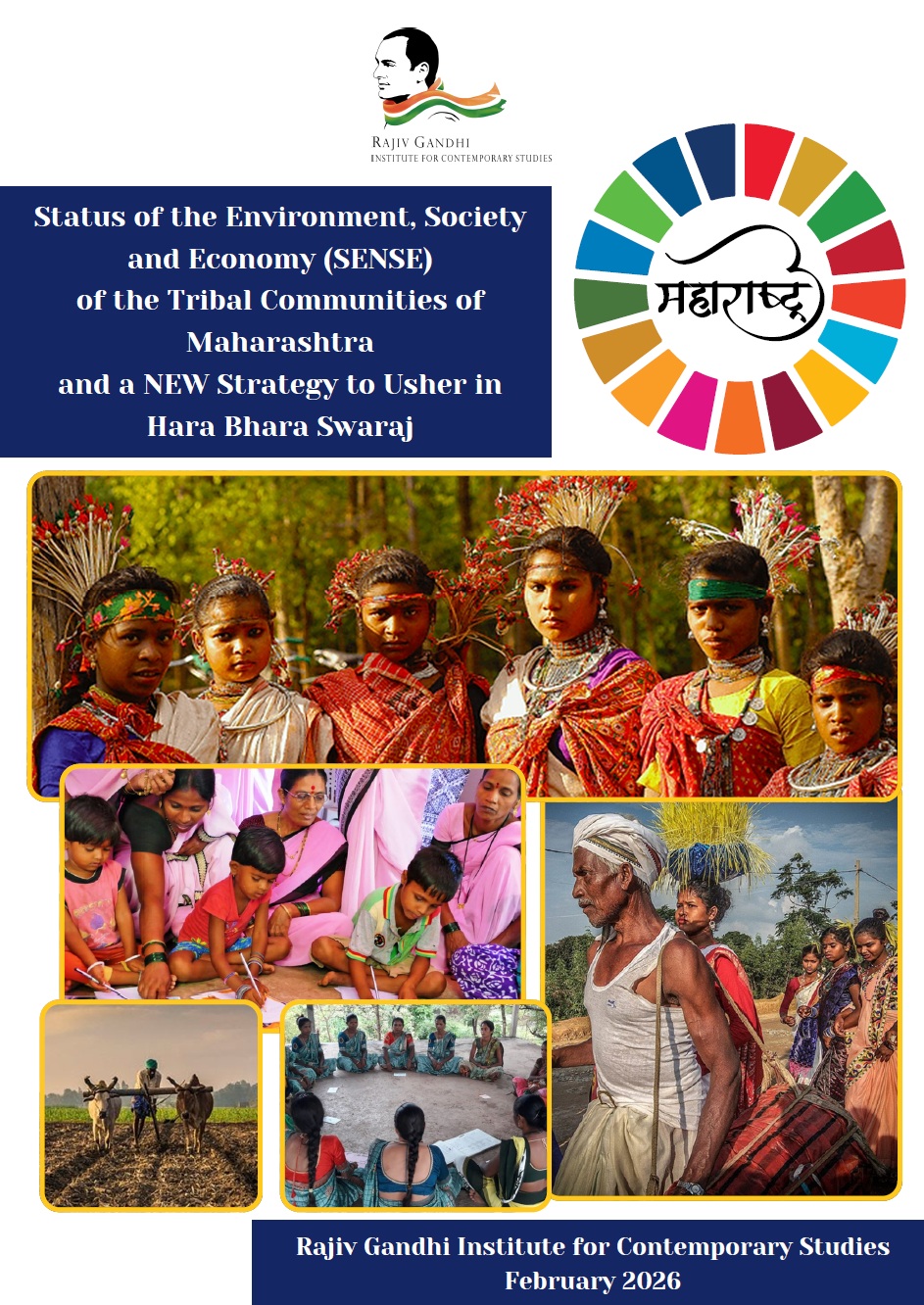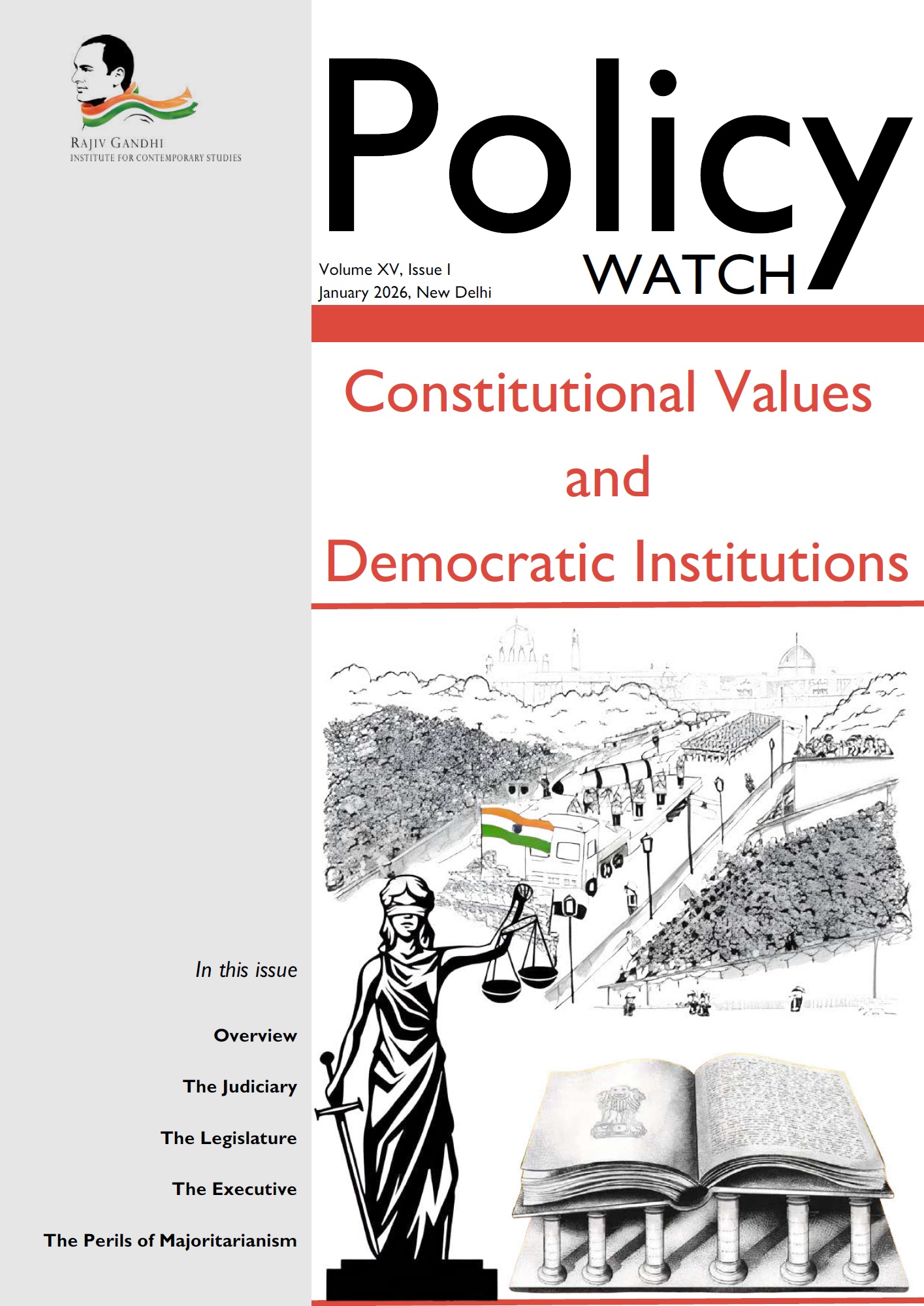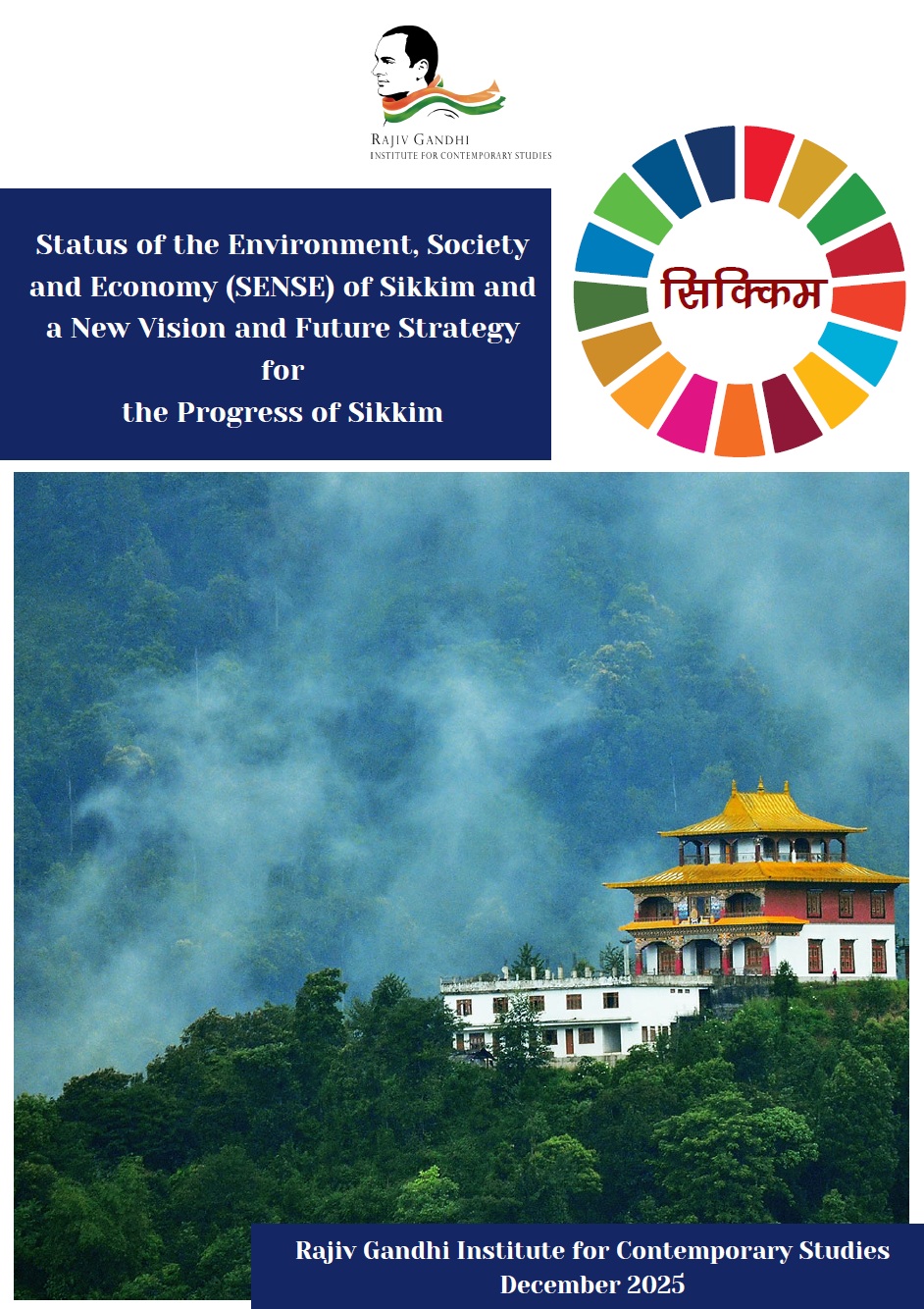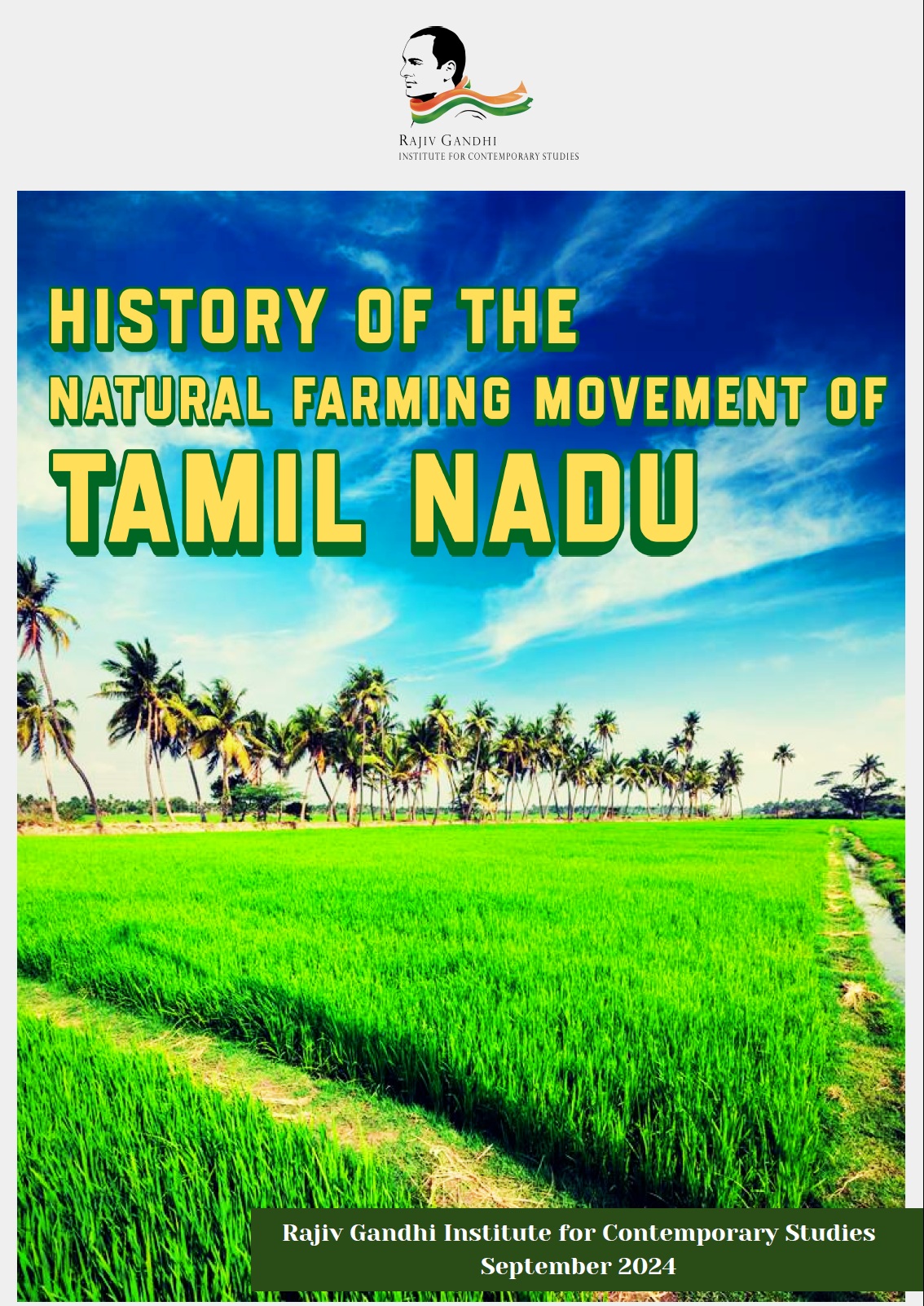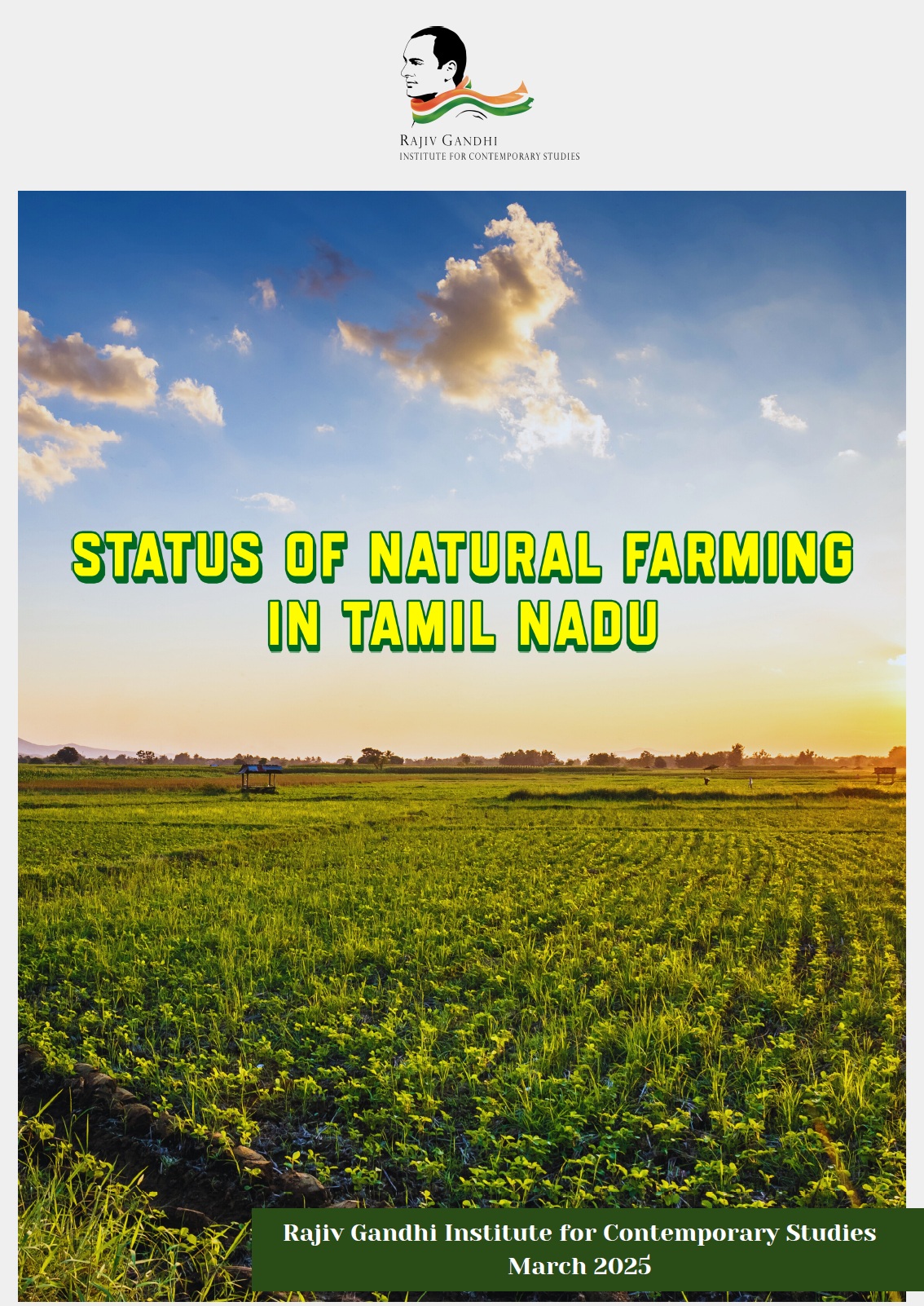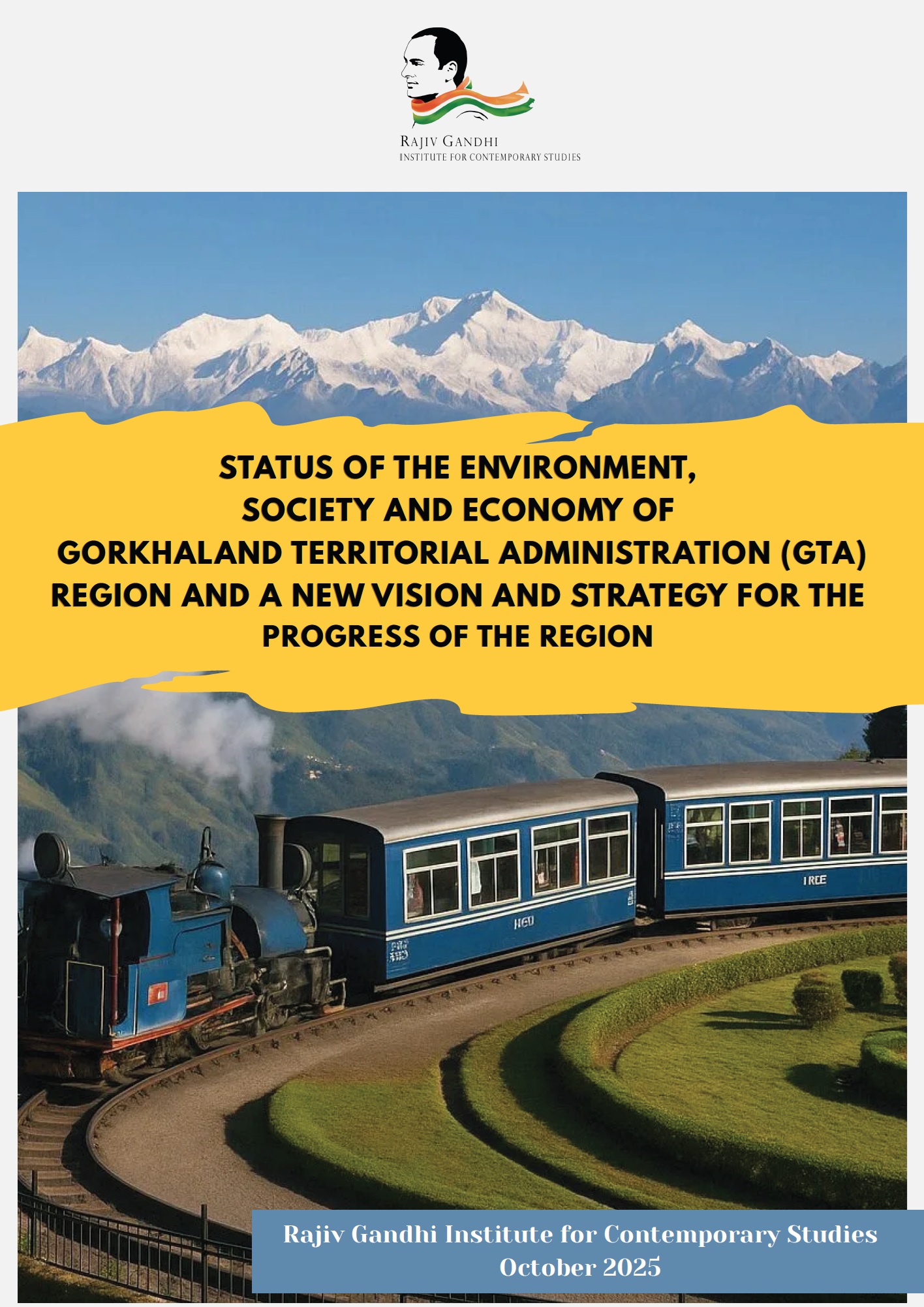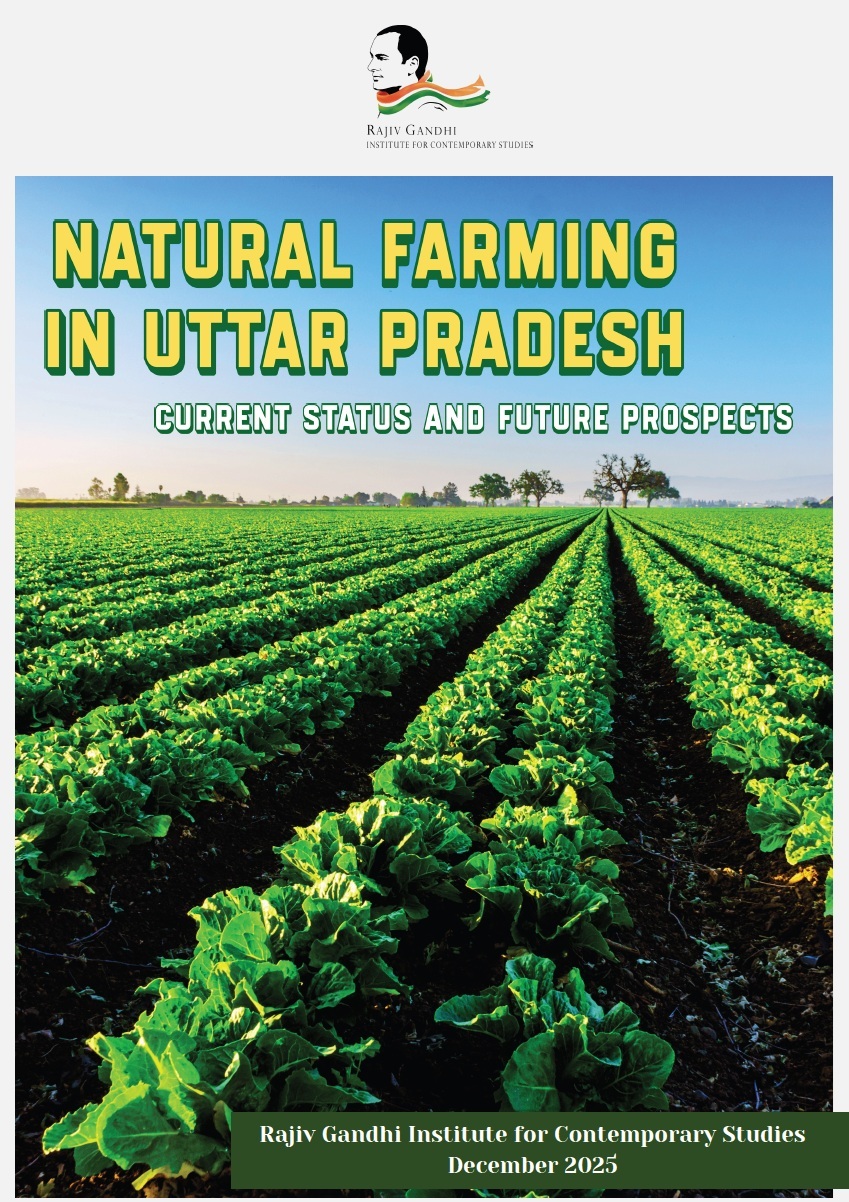This issue of Policy Watch centers on the theme “Growth with Employment,” beginning with an obituary for the eminent economist Abhijit Sen. Sen’s work was foundational in shaping Indian policies on agriculture, food security, and social sectors. He was instrumental in the development of the minimum support price (MSP) system for farm produce and advocated for a universal public distribution system (PDS). His research and policy recommendations influenced major national initiatives, including the National Food Security Act and reforms in agricultural pricing and investment. Sen’s legacy also includes significant academic contributions and a strong commitment to addressing rural poverty and inequality through state intervention and public investment.
The issue features a summary of a study by the Global Alliance for Mass Entrepreneurship (GAME) and Dun & Bradstreet, which highlights the scale of delayed payments to MSMEs in India—amounting to ₹10.7 lakh crore, or 5.9% of the country’s gross value added. The authors recommend increased public awareness, stricter accountability for late payments, and measures to protect MSMEs from being unfairly penalized in the credit system.
An article by MSME entrepreneur T. Muralidharan critiques the GST regime, identifying four provisions that create significant compliance challenges for MSMEs, especially given the prevalence of delayed payments. These include the requirement to pay GST dues upfront, mandatory interest on late payments, restrictions on filing returns, and the loss of input tax credit if suppliers default. The article argues that these rules disproportionately burden MSMEs, which already struggle with limited bargaining power and cash flow issues.
A panoramic review by Prof. Arun Kumar traces India’s persistent unemployment and socio-economic challenges to policy choices made since independence. He argues that the post-1991 shift toward market-driven solutions and reduced government intervention has narrowed the base of growth, increased inequality, and led to greater instability. Recent policy missteps have further exacerbated these issues.
The issue concludes with a hopeful perspective, describing the Ahimsai Santhai (Non-Violent Bazaar) in Madurai, which showcased grassroots and large-scale initiatives promoting non-exploitative, sustainable economic alternatives. An article by Jill Carr-Harris provides an overview of the Non-Violent Economy movement, which seeks to address economic inequality, social tensions, and environmental threats. The editorial team encourages feedback, reflecting a commitment to ongoing dialogue on these critical issues.
Policy Watch: Growth with Employment – September 2022
Send download link to:


